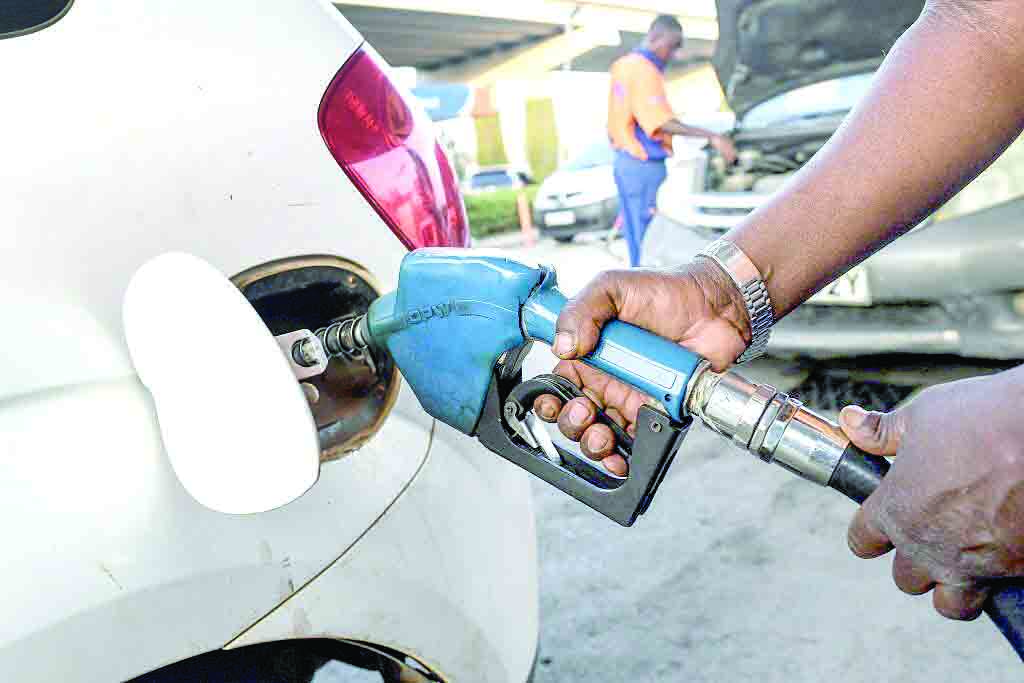Rising fuel prices and the bitter anniversary twist

The abrupt increase in fuel costs has left Kenyans in a tight spot, with some seeing it as an ironic twist, one that can be interpreted as a form of ironic justice, occurring precisely on the one-year anniversary of the Kenya Kwanza establishment.
One would say the unexpected turn of events may unsettle those who had placed their hopes in the regime, particularly as it capitalised on the popularity of the “hustler movement,” offering hope and optimism to the most economically vulnerable Kenyans.
But as each day passes, the burden of higher costs and taxes are becoming increasingly oppressive to the common man — the hustler — probably suggesting for urgent attention and action from the government. Unfortunately, there is a paucity of concrete answers from officials.
Take the Energy sector, for example, when asked regarding when Kenyans can expect relief from these escalating fuel costs. Energy Cabinet Secretary Davis Chirchir has warned that the government has limited control over this situation, adding that the price of fuel will continue to increase. Indeed, the road ahead does not appear very promising.
The writings are on the wall; global fuel prices are on the rise, the Kenyan shilling is depreciating, and there are concerns about mounting US inflation, potentially leading to interest rate hikes and a stronger dollar.
This will not only make it difficult for a country like Kenya which is a net importer of goods, especially fuel, whose knock-on effects on the economy are huge. This is why increasing the cost of fuel through higher taxation should be declared an economic crime.
Value Added Tax on petroleum products surged from eight to 16 per cent. This has had a ripple effect as prices of goods and services started to soar on higher fuel costs.
As if that is not enough, the Treasury is now contemplating additional taxes in the medium term, in a proposed review of taxation laws, as Ruto’s administration appears set to drop blanket reliefs on consumption.
Much as the global cost of fuel is high, and regardless of fluctuations in global fuel prices, it is essential to recognise that in Kenya, taxes remain the primary driver of high fuel costs.
Why is it difficult for the government advisors to see how a lower cost of fuel can stimulate consumer spending, inflation, competitiveness, attract investment, promote rural development, and support industries?
Be that as it may, the truth is that one potential solution lies in the government’s ability to lower taxes on fuel while simultaneously addressing issues of wastage and corruption within its ranks, thereby offsetting any potential fiscal impact.
These can contribute to overall economic growth and prosperity. In light of these challenges, and if the government sticks to higher taxes, the government must, despite its aversion to subsidies, acknowledge the necessity of taking some action.
Never before has there been a need for conversation on targeted fuel subsidies to shield vulnerable populations from the negative impact of soaring fuel prices to ensure that essential services remain affordable.
It is also imperative for the government to review and reform regulations within the energy sector to enhance transparency and efficiency, potentially resulting in lower fuel costs for consumers.
If possible, developing mechanisms to stabilise fuel prices, such as creating strategic reserves or hedging against volatile international fuel prices, should also be considered.
As former US President Ronald Reagan once said; the problem is not that people are taxed too little, the problem is that the government spends too much. And to aptly add, amid the pain being felt by Kenyans, hardly one year after election, some expenses stick out like a sore thumb.
Perhaps, in the future, a moment of realisation will dawn upon us, connecting the dots between the government in power and the quality of life we experience based on campaign promises.
— The writer is the Business Editor, People Daily












